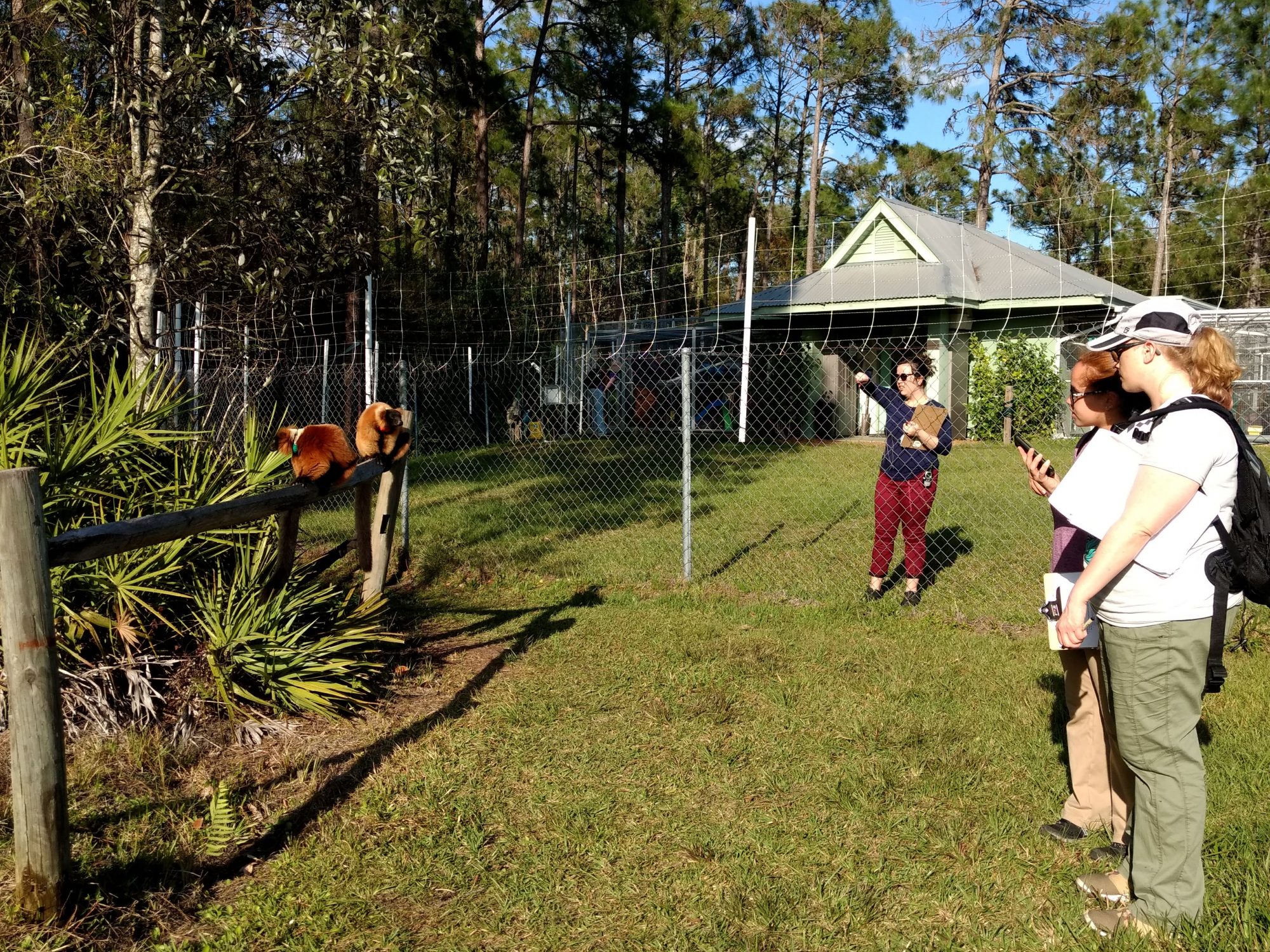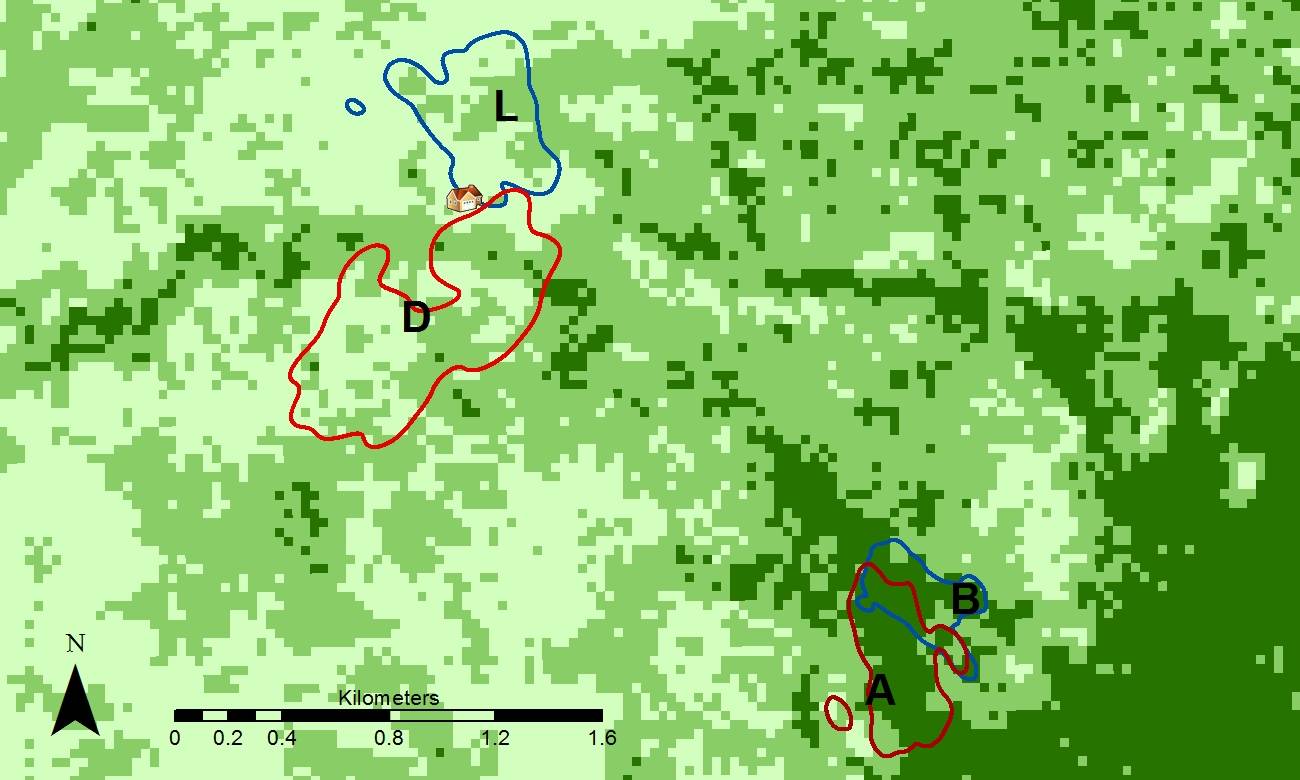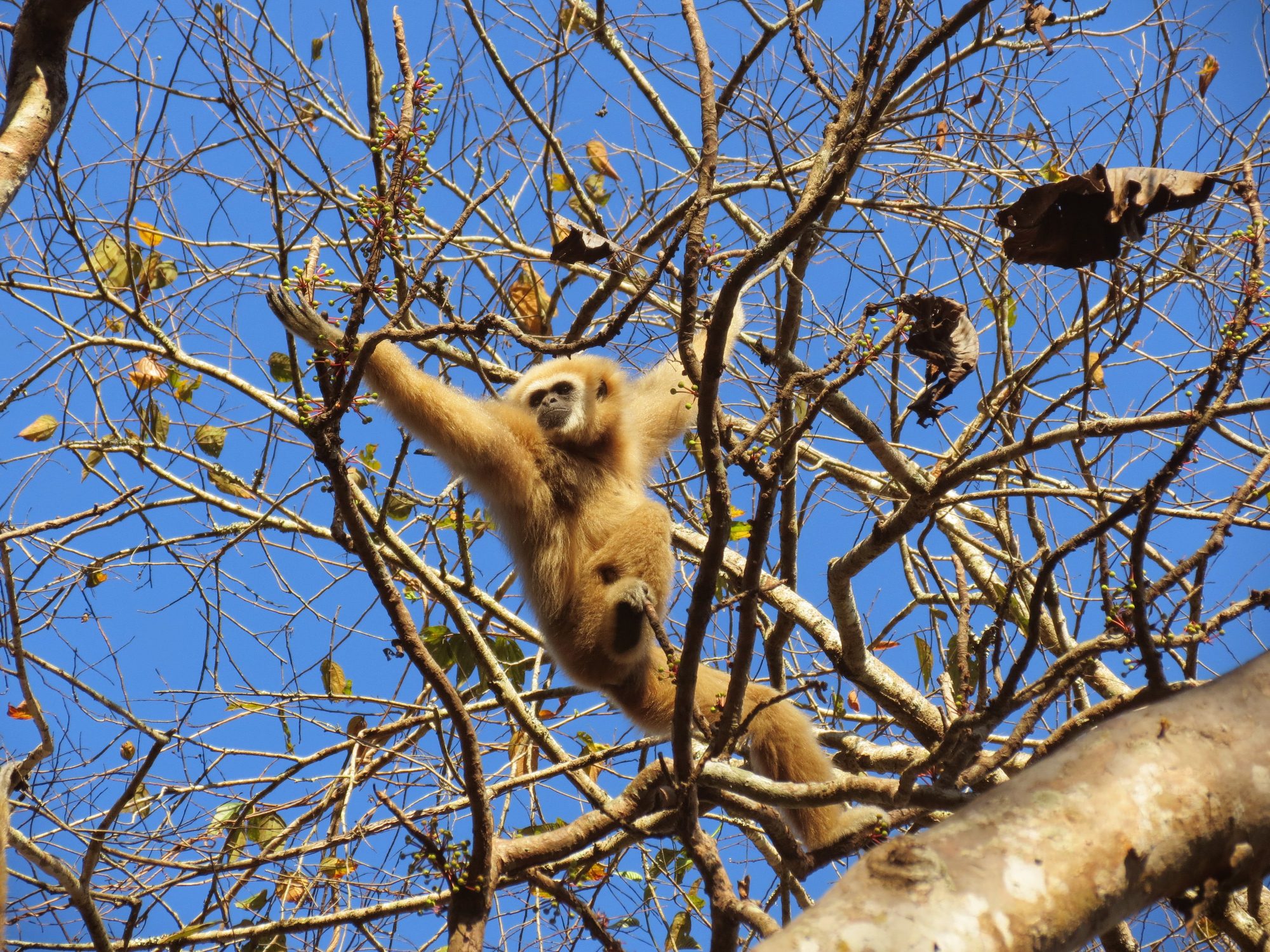Laboratories
The Department of Anthropology at UNC Charlotte has a number of research laboratories through which undergraduate and graduate students may engage in research activities alongside faculty mentors.
The Bioarchaeology and Forensic Anthropology Lab
The Bioarchaeology and Forensic Anthropology lab at UNC Charlotte houses our collection of teaching skeletons and forensic cases from the state. In this lab, students can learn and practice techniques of skeletal data collection, design research projects using the skeletal collections, and work collaboratively with Dr. Juengst to inventory the collection and prep samples for isotopic analyses. Additional research opportunities include forensic studies using animal bone or other proxies to investigate processes of decomposition, taphonomy, and pathological interpretation. Research in this lab prepares students for future bioarchaeological or forensic work in the field or lab setting. Please contact Dr. Juengst (sjuengst@uncc.edu) with questions about the facility or inquires about research opportunities.
Statement Concerning Our Human Osteological Collections
The human skeletal remains housed within our laboratories at UNC Charlotte have been evaluated and inventoried within the last five years. The remains used in teaching scenarios are predominantly anatomical in origin, having been purchased recently from reputable anatomical companies who note provenience, obtained from other anatomical skeletal collections, or inherited from prior faculty where the remains were purchased as teaching materials. There are valid ethical concerns with using modern anatomical collections, and we prefer to use cast or model material when possible. However, it is essential to use real human remains to learn about human bone, and currently, there is no equivalent substitute. And even when using remains for teaching purposes, they are never used for display or “shock value.”
We also curate a small forensic collection of unidentified individuals and individuals involved in unsolved cases for the state of North Carolina. Notably, it is not possible to repatriate these remains to their families for various legal reasons, depending on the nature of the case. Advanced undergraduate and graduate students have opportunities to work with these remains but they are not used in introductory courses, nor made generally available.
In our classes, we stress what a privilege it is to learn from the remains of the deceased and that working with these individuals carries ethical responsibilities. The dead are always treated with respect in any class or research performed within our laboratory, outside of the laboratory, or in any real-world research setting. We also have set laboratory guidelines that students must strictly adhere to or they are not permitted in the lab and could be dismissed from our classes.
The Primate Behavioral Ecology and Conservation Lab
The PBEC Lab at UNC Charlotte (http://www.lydiaeolight.com/lab.html) focuses on spatial ecology and vocalization research. While much of our work to date involves the white-handed gibbons living in Huai Kha Khaeng Wildlife Sanctuary in western Thailand, we hope to expand this in the future to include various species and multiple locations. Students in this lab work with Dr. Light to analyze the ways in which primates move over complex landscapes and how various behaviors including vocalization and social dynamics are affected by local ecological conditions. Students gain skills in specific software programs including ArcGIS, QGIS, Ranges, and Raven. Current projects are expanding into the applied nature of conservation, ethnoprimatological research, and parasitology. Students interested in working in this lab should contact Dr. Light (llight1@uncc.edu).


